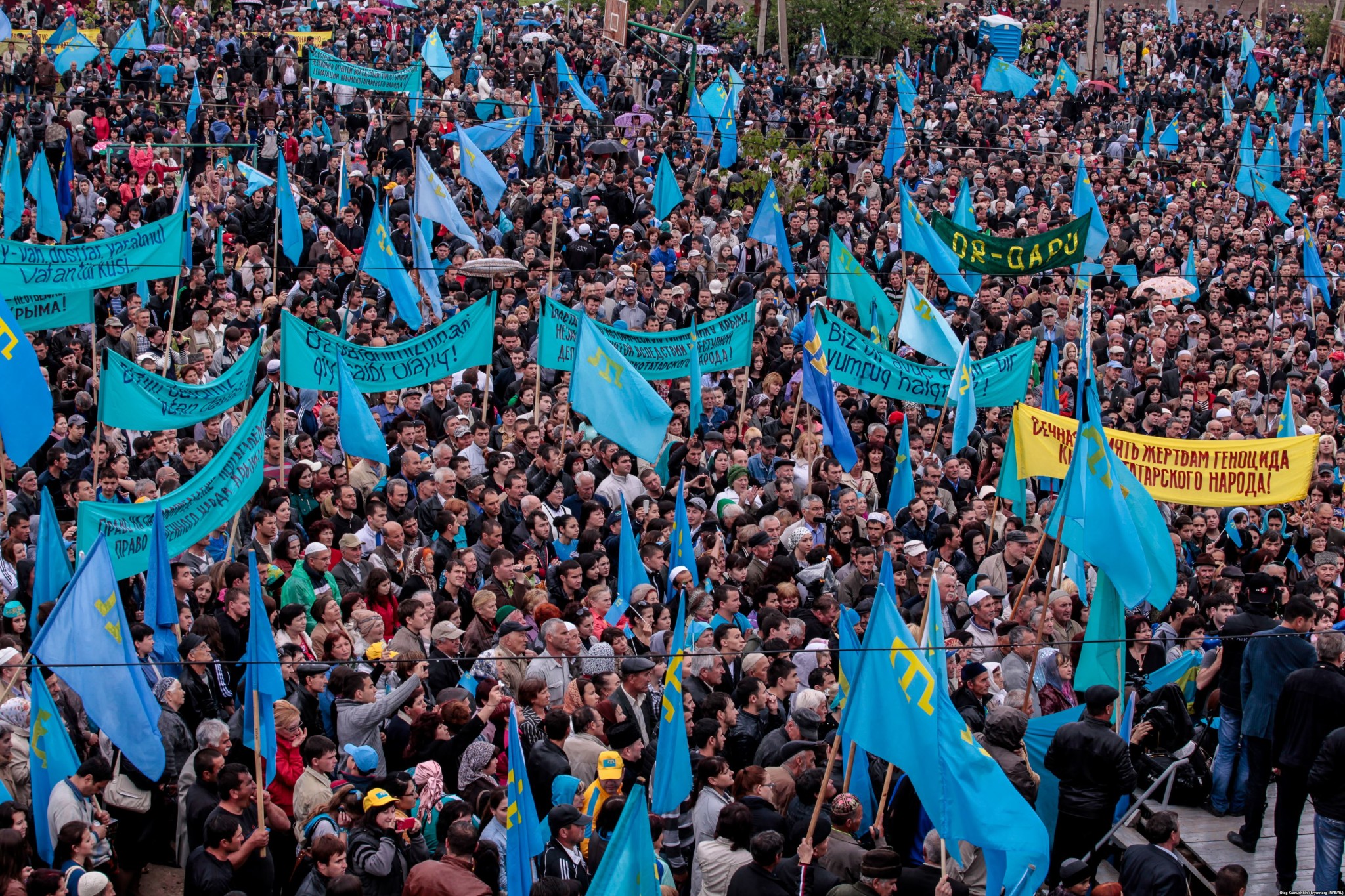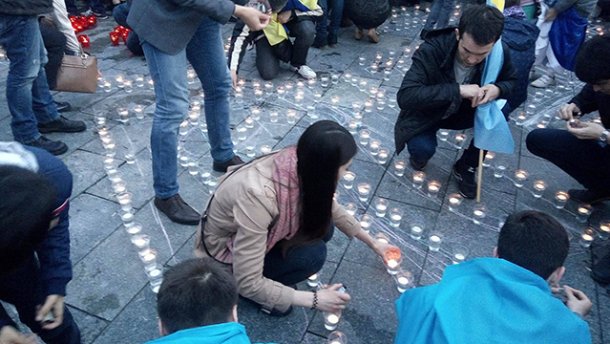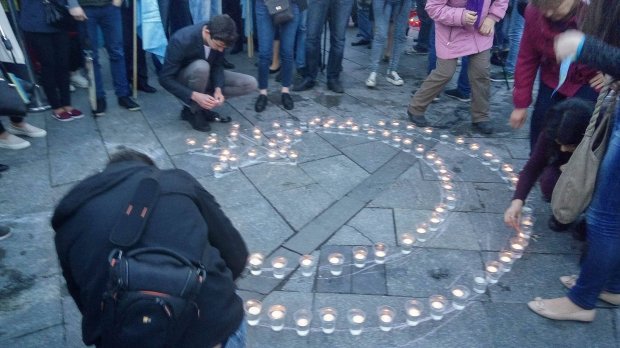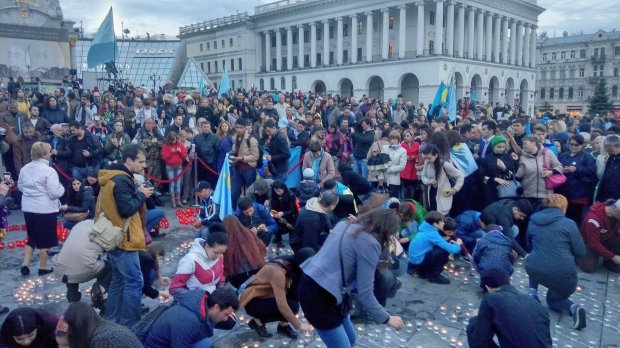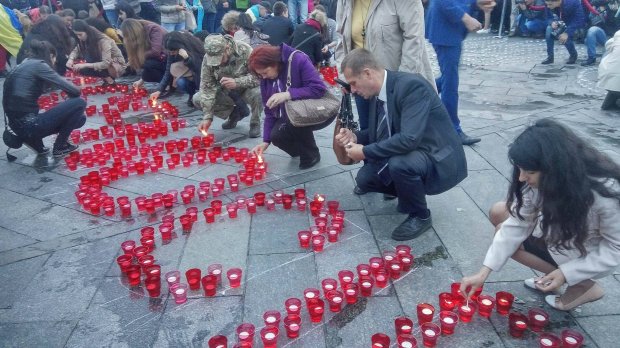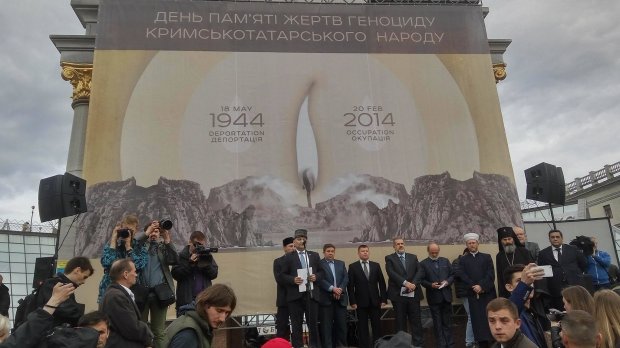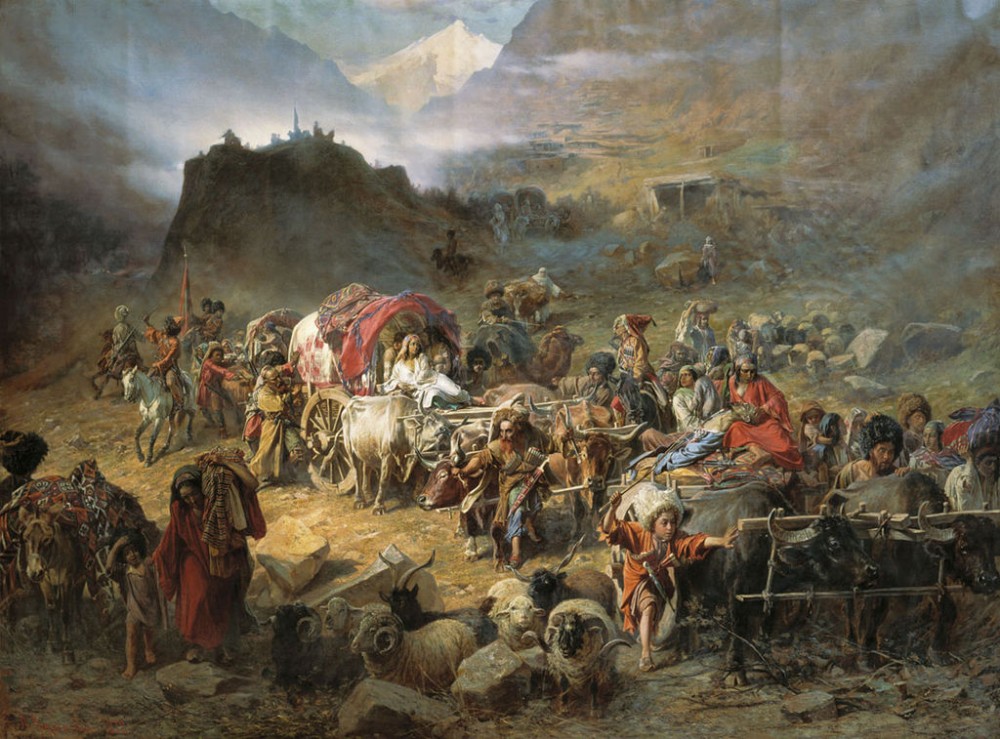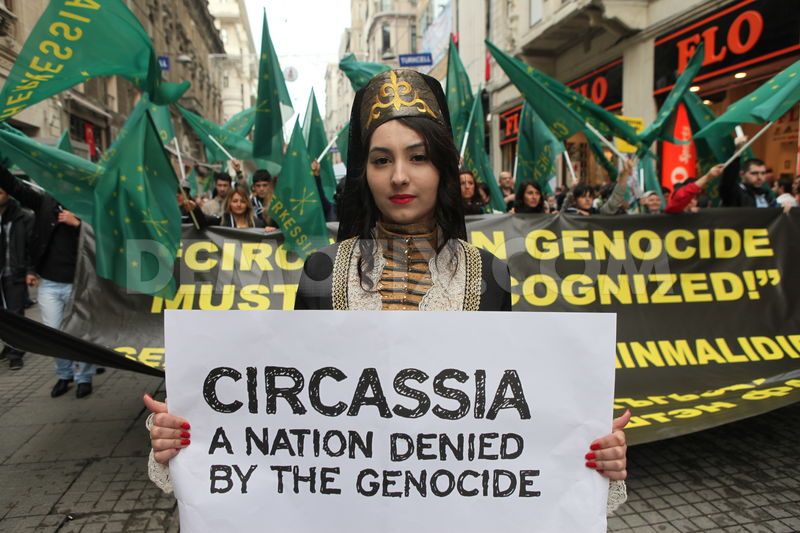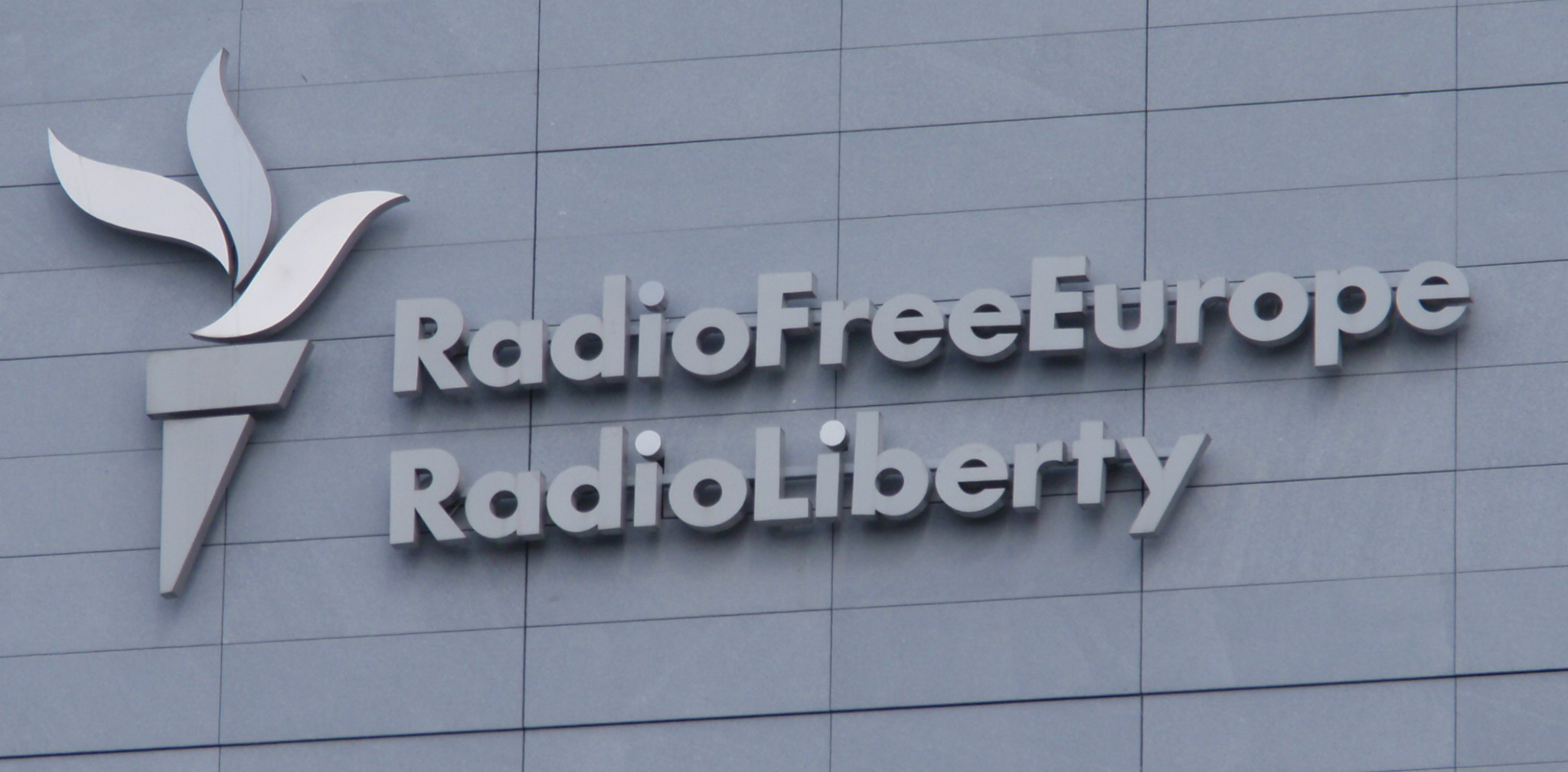Seventy-two years ago, the Soviet state deported the Crimean Tatars from their homeland to Central Asia, a tragedy that resulted in the death of many and the wounding of all. And in the years since, the Crimean Tatars have marked this horrific event every May 18. They are doing so today.
But this year, far more than at any time in the past, the tragedy of the Crimean Tatars is being remembered not only by them but by others, some of whom like the Circassians who were also subject to deportation, by others like the Ukrainians who were harmed by the genocidal policies of the Soviet regime, and by people of good will throughout the world.
This sharing of grief marks an important development, one that people of good will can only welcome not only as an expansion of the humanity of each of these groups but also as the final nail in the coffin of Moscow’s efforts to keep these nations in isolation from one another by employing its traditional imperial divide-and-rule policy.
The Crimean Tatars are commemorating this anniversary even as they are subjected to a new wave of Russian repression following the Russian Anschluss of their homeland. The largest gatherings are in places beyond the reach of the Russian occupiers who are trying to subvert this day just as Moscow has in the past.
But the Crimean Tatars are far from alone, especially this year and especially in the wake of Jamala’s triumph in the Eurovision song competition which has attracted new attention to and support for the Crimean Tatars and their historical struggle for justice against Moscow’s criminal actions in 1944 and again now.
Ukrainians, both officials and ordinary people, are taking part in a whole series of events to mark this anniversary. For a partial list of these activities, see this QHA article. And the embassies of foreign countries in Kyiv are also organizing special events about the genocide of the Crimean Tatars.
Given Russia’s invasion and occupation of part of Ukraine, this is perhaps now surprise, although especially for the Crimean Tatars, it is welcome. But there has been another development this year: other groups who were victimized by Russian governments are joining with the Crimean Tatars to mark their common tragedy.
The clearest and best example of this is provided by the Circassians, who three days from now will mark the 152nd anniversary of their expulsion from their historical homeland by tsarist forces. The Federation of Circassian Organizations
in Istanbul has issued a statement on the Crimean Tatar deportation.
“We share the pain of the Crimean Tatar people which was subjected to genocide and deportation from its own Motherland on the order of the harsh ruler Stalin in 1944. We as a people who suffered a similar grief express our solidarity with the Crimean Tatar nation,” the declaration says.
In reporting this statement, the Crimean Tatar QHA news agency says that “such a declaration of solidarity from a nation which in its history saw the cruelty of the Russian government is extremely significant for the Crimean Tatar people.” But in fact it is even more than that.
The world has just watched as the Russian people under Vladimir Putin has sought to present the victory over Hitler in World War II as theirs alone. No one doubts the contribution the Soviet army made in that victory, but such an approach, which denies the role of others, is ultimately shameful.
In the past, many nations who have been victims of Russian and Soviet imperialism have been so focused on what happened to them that they have been unwilling or perhaps even unable to see beyond that and to recognize their common victimhood with others. That is changing, and it does honor to all those who are making this shift.
Related:
- Deportation, genocide, and Russia's war against Crimean Tatars
- I survived genocide. Stories of survivors of Crimean Tatar deportation
- Deportation, autonomy, and occupation in the story of one Crimean Tatar
- Top-6 Soviet World War II myths used by Russia today
- Ukrainian parliament declares 1944 Soviet deportation of Crimean Tatars an act of genocide
- 7 myths driving Russia's assault against the Crimean Tatars
- Why the Kremlin fears the Mejlis of the Crimean Tatars
- Anniversary of mass deportation of population from western Ukraine to Siberia
- Stalin's Caucasus crimes Putin wants you to forget
- Putin's twisted imperial logic: The (many) historical claims on Russian lands
- Crimea and the Crimean Tatars: Centuries of competing claims and forgotten history

